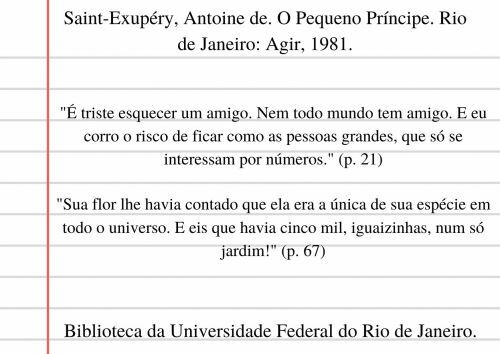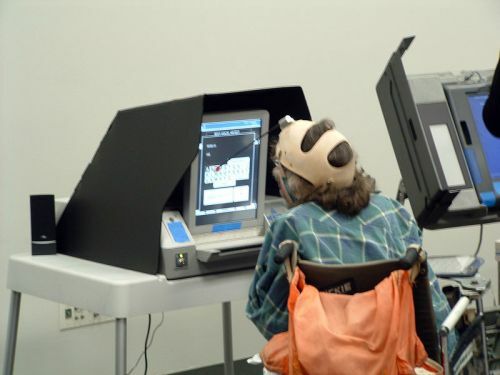Methodology |
At first, the teacher makes a dictation of words that are part of the vocabulary of a book that has been worked on in classes.
Then, the teacher asks each one to write a sentence related to the same book.
When the time for writing is over, the teacher displays several posters - each one with one of the words that offer the most doubts. spellings and illustration of it - and talk a little about them and the biggest spelling doubts that people have have.
Seeing the posters and talking, the teacher guides the students to correct their tasks. |
Methodology |
The teacher shows the students and lets them pick up and observe the following materials: books, magazines, newspapers and others, written in cursive script - like a birthday greeting card.
After talking about their differences and where they are commonly used, the teacher distributes a spelling activity sheet to each student to practice what they have just learned (below). |
| Methodology |
After having explained, in a previous class, how each point is used, in this class, the teacher will write ten sentences in the brown paper and, together with the students, you will make your score by pasting the illustrated points sheets with plasticine adhesive.
It is important to read each sentence without the punctuation and after it is punctuated, so that students can see the differences in intonation. |
Skills |
(EF12LP04) Read and understand, in collaboration with colleagues and with the help of the teacher or with some autonomy, lists, diaries, calendars, notices, invitations, recipes, assembly instructions (digital or printed), among other genres in the field of everyday life, considering the communicative situation and the theme/subject of the text and relating its form of organization to its goal. |
Methodology |
The teacher surprises the students saying that in that class they will play. So, he says that they will make a new game and, for that, they have to learn its rules.
Suggestion: hangman game.
The teacher distributes rule sheets to everyone, asking everyone to read in a low voice and try to figure out how to play.
As they read and understand the rules, students should share with their peers, while the teacher writes on the board how to play.
End class by playing as promised. |


